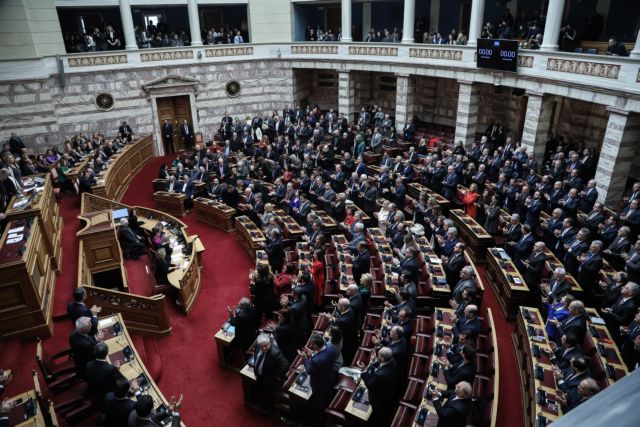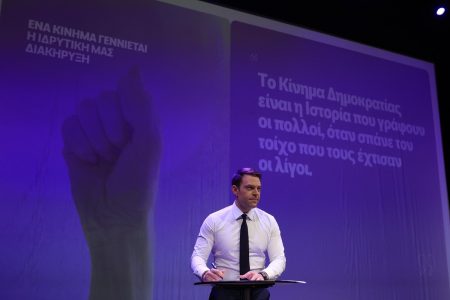The Russo-Ukrainian war has brought the planet to the edge of the abyss, and the international conflagration appears to be raging rather than stabilising.
Clashes are ongoing and flaring up and the Russian pincer is tightening around the mercilessly bombed but fiercely resisting Ukrainian cities. Non-combatant civilians have endured untold suffering in the levelled cities of Mariupol and Harkovo, as well as in Kyiv and elsewhere.
We are witnessing a protracted humanitarian disaster and severe international tensions, despite ongoing, feverish efforts to achieve a diplomatic solution.
At the same time, international economic sanctions have rocked Russia and have led Moscow to intensify its use of energy and grain as tools of blackmail against the West, triggering generalised insecurity and inflationary pressures globally, especially in neighbouring, dependent Europe.
Uncertainty and fear have overtaken the countries of Europe. The ghosts of the past hover as a spectre over the skies of the continent, and there is no indication that the end of the war may be in sight.
Nobody can predict with any degree of certitude the duration of this unprecedented, for the post-WWII era, geopolitical crisis, and everyone seems incapacitated in the face of the new realities shaped by the raging war.
Most European countries, despite the avid expressions of unity and pronouncements regarding planned great changes in the first days of the war, are acting defensively in order to shield themselves against prospective future developments, and are awaiting to see how the course of events will unfold, instead of acting decisively now.
In such as environment, Greece, with revisionist, neighbouring Turkey adopting a pro-active stance and ready to exploit the instability created by the confluence of events, has no room for complacency.
The common conviction is that the war will further challenge our endurance, which was already severely tested by the prior, decade-long economic crisis and later by the pandemic crisis.
Greece faces a strong wave of inflation that will lead to citizens’ pressing social demands for economic support.
Our country is not invincible and does not have unlimited resources. It is obliged first of all to tend to its national defence, and at the same time to support the welfare of vulnerable households and severely challenged businesses.
Preserving domestic cohesion and social peace is critical.
In an extremely unstable and uncertain period, Greece must act in a manner that is measured and prudent, and it must husband its reserves on all fronts.
It must not indiscriminately squander money, nor does it have the luxury of getting wrapped up in sterile and disorienting domestic disputes.
Greece’s historical experience from similar periods of geopolitical shifts and upheavals is painful.
Let us not forget that at the end of WWII, as the world was re-establishing its balances, we managed to become divided and were led into a horrendous Civil War, with incalculable repercussions on the Greek people and our post-war course.
In the midst of the current war, there is no room for domestic tensions or imported divisions.
One needs lucidity and clear objectives. Political parties are obliged by circumstances to put aside their partisan flags and to seek a minimum common ground, at least as regards the management of the many consequences of the ongoing war.
In a period of international geopolitical fluidity, the prospect of early elections must be ruled out.
At a time when all countries are seated at international negotiating tables to re-delineate global balances, it is inconceivable for us to be absent, and instead to be fishing for voters in Larisa, Drama, and Ioannina.
There is plenty of time ahead of us to conduct electoral contests.



